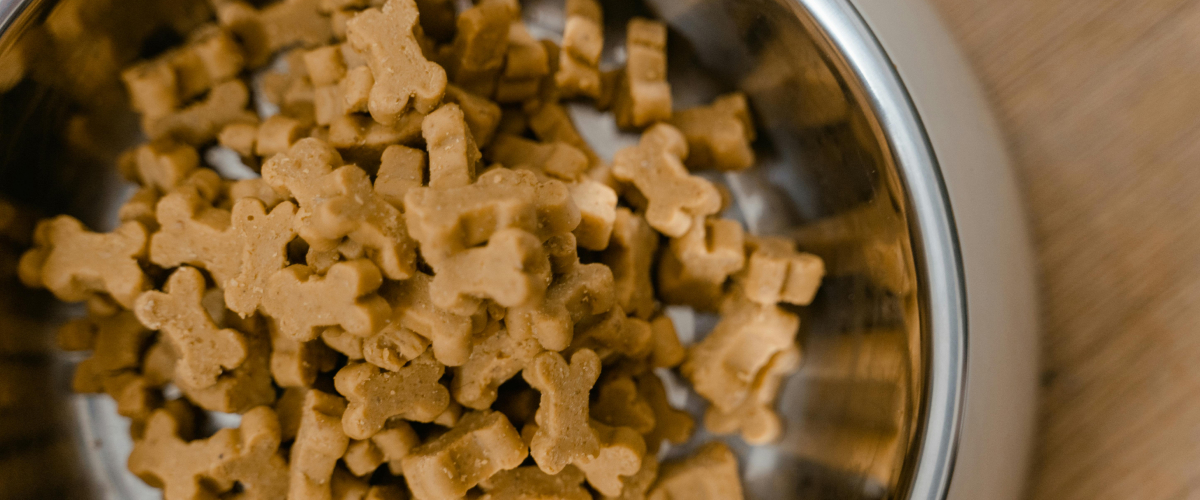A change in appetite in a senior pet can be attributed to various factors, including age-related physiological changes, underlying health issues, environmental factors, or changes in routine. Here are some possible reasons why your senior pet’s appetite may have changed:
Dental Problems: Dental issues such as periodontal disease or tooth decay can cause discomfort or pain while eating, leading to a decrease in appetite. Senior pets are particularly prone to dental problems, so regular dental check-ups are essential.
Digestive Disorders: Conditions like gastritis, inflammatory bowel disease (IBD), pancreatitis, or gastrointestinal infections can affect your pet’s appetite. These disorders may cause nausea, vomiting, diarrhea, or abdominal pain, leading to a decrease in appetite.
Organ Dysfunction: Senior pets are more susceptible to age-related organ dysfunction, such as kidney disease, liver disease, or heart disease. These conditions can affect metabolism, nutrient absorption, and overall appetite.
Medications or Treatments: Some medications or treatments prescribed for senior pets may cause side effects such as nausea, loss of appetite, or changes in taste perception, leading to a decrease in appetite.
Underlying Health Issues: Various health conditions commonly seen in senior pets, such as diabetes, hyperthyroidism (in cats), hypothyroidism, cancer, or arthritis, can affect appetite due to metabolic changes, hormonal imbalances, pain, or discomfort.
Stress or Anxiety: Changes in the environment, routine, or household dynamics can cause stress or anxiety in senior pets, leading to a decrease in appetite. Events like moving to a new home, the addition of a new pet or family member, or changes in daily schedule can impact your pet’s eating habits.
Sensory Changes: Aging can lead to sensory changes, such as diminished sense of smell or taste, which can affect your pet’s interest in food. Certain medical conditions, such as upper respiratory infections or dental problems, can also impair your pet’s sense of smell and taste.
Changes in Food Preferences: Senior pets may develop changes in food preferences or aversions as they age. Offering a variety of palatable and nutritious foods can help stimulate their appetite.
Environmental Factors: Factors such as temperature, humidity, or food presentation may influence your pet’s appetite. Ensure that your pet’s food and water bowls are clean, and the feeding area is comfortable and free from distractions.
Behavioral Changes: Senior pets may experience changes in behavior, activity level, or appetite due to cognitive decline or age-related changes in brain function. These changes may manifest as disinterest in food or forgetfulness about meal times.
If you notice a significant change in your senior pet’s appetite, it’s essential to consult with a veterinarian to determine the underlying cause and develop an appropriate treatment plan. Regular veterinary check-ups and monitoring can help address any health issues and ensure your senior pet’s overall well-being.

